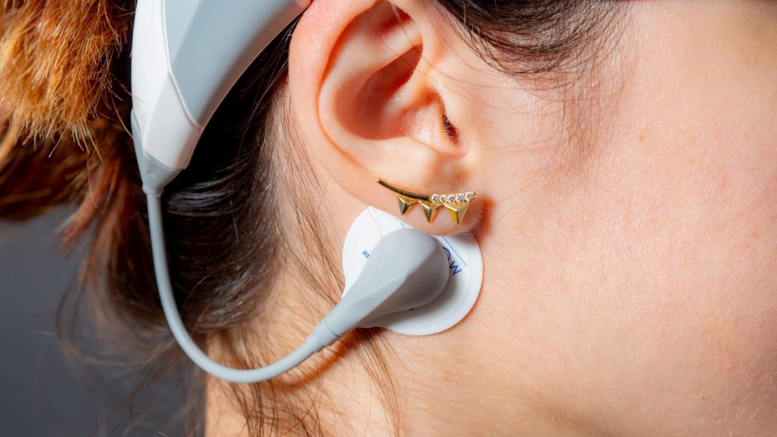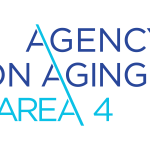Northern California Research studies new approach to managing diabetes without drugs
Northern California Research operates clinical trials in many fields, including diabetes. Currently, the center is working with neurostimulators to find less invasive ways to treat Type 2 diabetes.
“For decades, diabetes has really been treated with medication,” says Dr. Douglas Young, M.D., Northern California Research’s Primary Investigator. “This trial is looking at the way to manage diabetes without drugs. You can imagine that would revolutionize diabetic care because then you alleviate the ongoing cost of a drug and potential side effects of the drug.”
While medication can provide short-term benefits, the long-term side effects are often detrimental or can complicate other treatments a patient may have. Diet and exercise — another commonly prescribed solution for diabetic patients — aren’t as sustainable for some patients. The drastic life change it requires, Dr. Young says, just isn’t possible for everyone.
“Over time, people or doctors found that that doesn’t work. And a lot of it has to do with our ability to change our lives, which apparently a lot of people can’t,” Dr. Young says. “In 20 years of practice, I know five people that have actually turned their life around and avoided being on medication.”
Diabetes falls into two categories: Type 1 and Type 2. Type 1 is usually diagnosed at an early age and treated with insulin. Type 2 diabetes is marked by insulin resistance or lack of insulin production that requires monitoring.
This current clinical trial, which focuses on neurostimulation over medication, is a study on inhibiting food receptors to encourage patients to eat less. By treating the brain, Dr. Young explains, over relying on medication or tricky diet and exercise regimes, patients may have an easier time navigating their diabetes. This trial is only for those with Type 2 diabetes.
“It’s been pretty well established over the last couple of decades that there are centers in the brain that controls our desires to eat and control how our body metabolizes foods,” Dr. Young notes. “It’s finding a different way to address the natural instincts of the body to treat diabetes. So in other words, stimulating certain areas of the brain and decreasing your desire to eat, decreasing your feelings or increasing the fullness, thereby decreasing the need for medication.”
The trial is simple; after volunteers are vetted and approved by Dr. Young, Jesika Riley, CCRC, a study coordinator at the research center, says all patients have to do is wear a special headset for one hour every day. Patients pick up the equipment and use it at home.
“So they get home with a headset and an iPod to pair together and over the whole 24 weeks, they’re seen three times: once for the first visit, 12 weeks later for the second visit, and then 12 weeks later with the third visit,” Riley explains.
For those who are apprehensive about joining a clinical trial for the first time, Dr. Young assures that the entire process is safe. “It shouldn’t be a scary process. They are welcome to ask as many questions as they want anytime they want. It’s purely voluntary so they can stop anytime they want. There’s no long-term commitment.”
Plus, Riley says the additional visits and constant monitoring allow for more thorough care. “It’s very similar to them going and seeing their own doctor, but they get a little bit more time with us and more testing that maybe they wouldn’t get with the normal provider visit.”
If you have Type 2 diabetes and are considering joining a clinical study, sign up for more information today.
Learn more about Northern California Research at www.northerncaliforniaresearch.com.






























